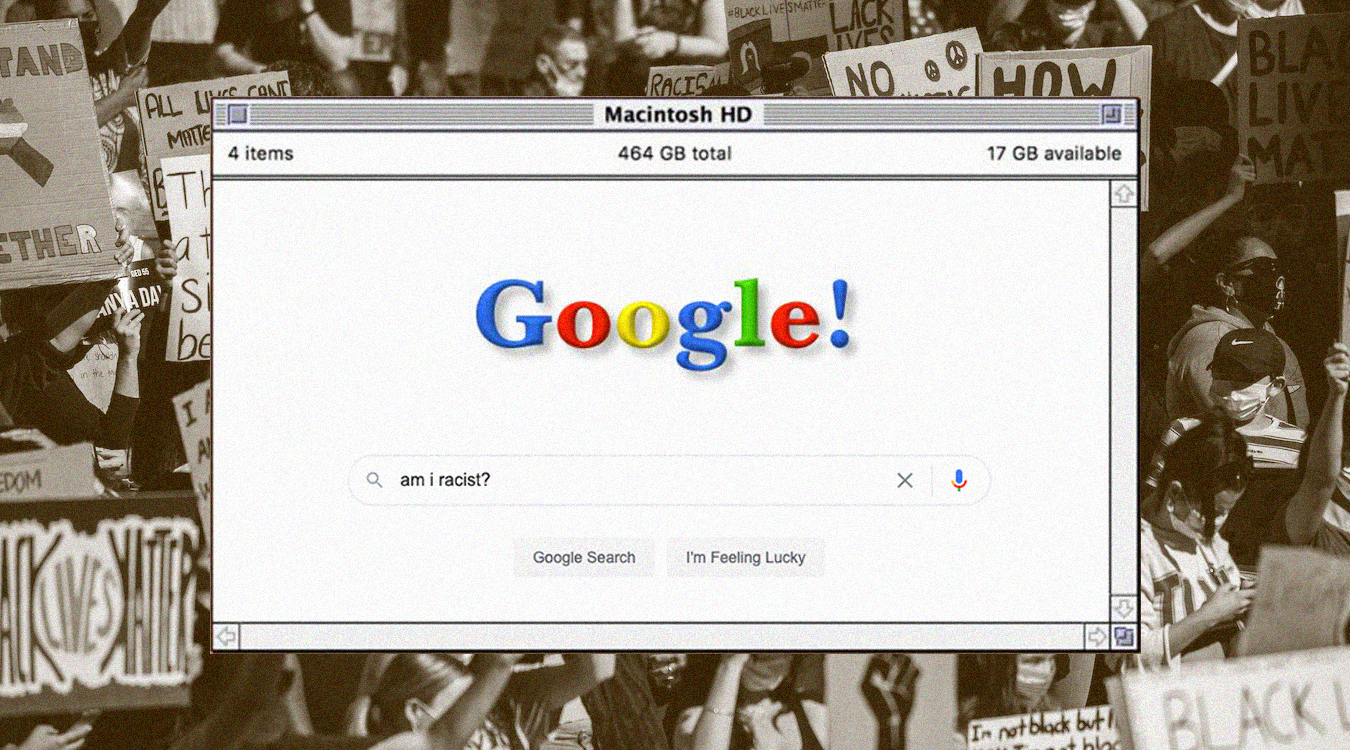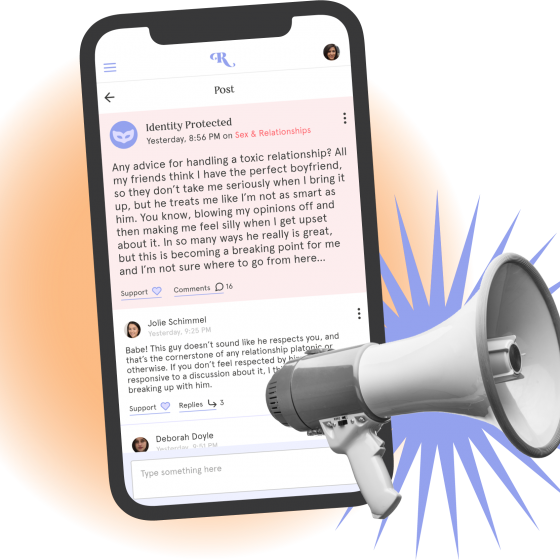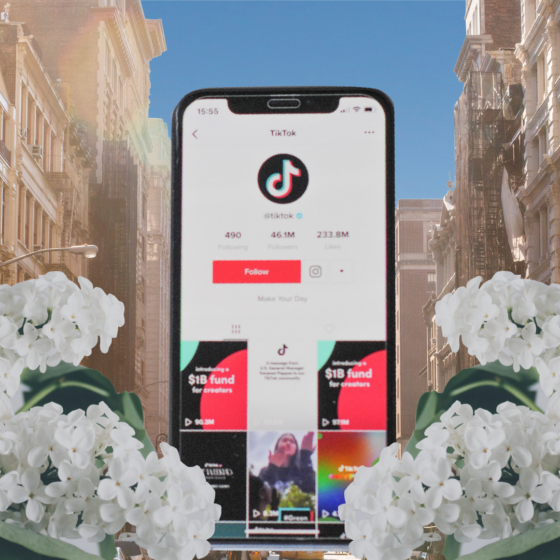Did you read this headline and think: “I’m not racist”? Well, stop lying to yourself.
If this year has taught us anything, it’s that denial politics and “I’ll-think-about-this-another-day” mentalities are no longer an option when it comes to racial justice. The lives of the most vulnerable members of our society are resting on an individual and societal commitment to dismantling racism. This calls for structural, policy and institutional change, but it also demands a revolution within the individual. It requires looking ourselves in the mirror and saying out loud “I’m part of the problem”.
We all, to some extent, have perpetuated racist narratives and participated in problematic systems – knowingly or unknowingly – that benefit some at the expense of others. We all possess elements of complicity that have either intentionally or unintentionally caused harm.
But, the intent isn’t relevant, the outcome is.
To understand our role in racism, we have to recognise that this role is fluid, situational and contextual. You may be vocal about racism on social media and still perpetuate racism through your spending habits. You could volunteer with low-income communities, but possess a white saviour complex. You could have friends, family members or colleagues of colour, but betray them in the voting booth by supporting parties and politicians whose policies uphold anti-Black, anti-immigration, anti-working class rhetorics. You could travel the world, experience new cultures, live with local people, and then appropriate these cultures through the way you dress or style your hair or the language you use to communicate these stories.
In order to encourage a questioning of ourselves in relation to wider racists structures, social media has been littered with tools designed to inspire reflection, commitment and action. We unpack some of the ones we have found most useful.
The Racism Scale
The Racism Scale, to my understanding, was created by a white woman who made the scale in order to hold herself and her friends accountable. The scale allows you to see exactly where you’re at and highlights where you need to be going. It is often a hard wake-up call for people who may think they are more progressive than they actually are or may serve as reassuring encouragement for people who are able to reflect on how far they’ve come.
What I find interesting about this scale is that Ally is not the end goal, Abolitionist is. This counteracts the narratives we see regurgitated on social media which urges people to become allies as the pinnacle of anti-racism. This scale says “hold on a minute, allyship isn’t enough”. By giving titles to each “stage” as it were, it encourages people to take ownership of their activism to actually be the change they want to see.
The Privilege Quiz
I first encountered the Privilege Quiz was via @wellness_dialogues, who’s content circulated Instagram – I was instantly impressed. This provided a tool for honest self-reflection, in people outside the Black Community, who may have never confronted their privilege head-on before.
Many may not be aware they have privilege, many may be aware but struggle identifying tangible examples of how this privilege translates to real-life – this quiz unapologetically makes people confront these examples. By doing this in a way which offers people a score at the end, whereby a white person will have a higher score than a person of colour, this offers non-negotiable evidence of the existence of privilege.
For those of us who have had painstaking conversations with people, we have grown up with, where we have been told: “We are from the same place, went to the same school, our experiences are the same,” as a way of refuting the existence of privilege, this quiz proves how white privilege will benefit two people with almost identical upbringings differently.
The Anti-Racism checklists
We have seen many of these checklists doing the rounds on social media in the last few months. They usually come in the form of a pretty infographic, containing a to-do-list of practical ways people can help the movement. These often range from signing a list of petitions and buying a library of books by authors of colour to watching documentaries and lobbying your local government.
When people are feeling overwhelmed, disheartened, hopeless and helpless, having a practical tool like this makes the complexities of anti-racism action easily digestible. It also offers ways that anti-racism can infiltrate our everyday habits – the media we consume, the way we spend our time online, making activism accessible for those who don’t have the capacity to do more, including less-able bodied members of the community who can remain active online.
What do we think?
Generalised critiques of these tools argue they are reductive; simplifying a largely complex situation. Anti-racism is not a destination. You don’t become anti-racist and Bob’s your uncle, your work here is done. Anti-racism work, therefore, is not the journey to reach this destination – it’s a lifelong, ongoing remodelling of your lifestyle.
The Racism Scale is misleading in as much as it presents racism as this journey, where Abolitionist is the end goal. In order for this tool to be effective, it needs to be accompanied with a breakdown of each ‘stage’, so that people don’t simply know where they’re at without knowing how to improve and evolve in real-life situations.
Similarly, The Privilege Quiz fails to offer a solution for those who have now recognised their privilege.
It also focuses on whiteness, in relation to anti-Black racism. However, the beauty of the Privilege Quiz is that it can be adapted to become inclusive of all experiences of racism. What is important to be established with this tool also, is an understanding of how racial privilege differs from non-racial forms of oppression. It must be made clear that people must answer the Privilege Quiz based on racialised experiences alone, and a nuanced exploration into intersectionality, and how multiple disadvantages impact a person must follow. A woman may feel unsafe walking in the street at night, for example, or a person may face discrimination against their appearance or body size, but if you are white, your experiences of these prejudices will not be compounded by racial oppression.
Depicting anti-racism as a to-do-list also suggests that when you have completed these tasks, you are done.
Whilst the Anti-Racism checklist offers hands-on, practical ways for people – particularly those new to anti-racism work to find their feet and make a start, critics argue it may also be mothering and pandering to the sensitivities of those who we need the most ferocity from. Depicting anti-racism as a to-do-list also suggests that when you have completed these tasks, you are done. Signing petitions, listening to podcasts, are the things that should become second nature. While the media we consume is imperative, it is also vital that we are encouraging people who have the physical and mental capacity to be on the frontline, to fight the good fight beyond what is accessible via their phone screens. We need people by our side in protests, advocating with us in the workplace, and using the privileges that ensure their safety to protect us in spaces where we are unsafe.
Being actively anti-racist is complex – no one ever said it was going to be easy. It requires a consistent commitment to challenging internalised biases, unlearning and relearning, and fundamentally, questioning all past, present and future information through an intersectional lens. In order to do this effectively in a non-performative way, an honest reflection on our current participation needs to be established.
These tools offer the potential to do so. They most certainly should be used as ways for people to identify their current positioning within the racial justice movement, but they should not be a one-stop-shop. Use these tools as a point of reference, a conversation starter amongst your peers, a reflective activity.
Use them as the springboard that kick-starts your individual commitment to lifelong anti-racism.









